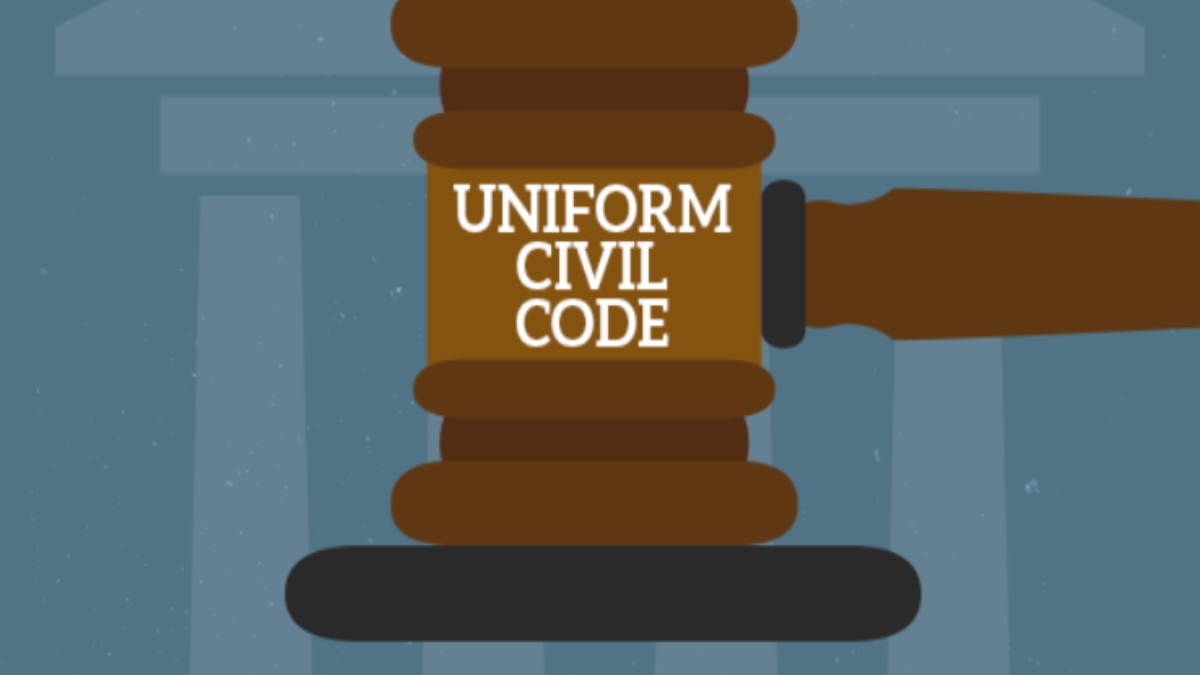A Uniform Civil Code means having a common law for all citizens of the country that is not based on religion. Personal laws and laws related to inheritance, adoption, and succession are likely to be covered by a common code. States such as Uttarakhand are in the process of framing their common code. The UCC seeks to provide a uniform code for matters such as marriage, divorce, inheritance, and adoption, among others. Here are some pointers on the Uniform Civil Code:
1. Equality and Uniformity: The primary objective of the UCC is to promote equality and uniformity in personal laws. It aims to eliminate the disparities and inconsistencies that exist among different religious communities and establish a single legal framework that applies to all citizens.
2. Secularism: The UCC is rooted in the principle of secularism, which enshrines the separation of religion and state. It seeks to create a legal system that is independent of religious beliefs and practices, ensuring that
personal laws do not violate the fundamental rights and principles of the Indian Constitution.
3. Controversies and Debates: The implementation of the UCC has been a subject of intense debate and controversy in India. Critics argue that it might infringe upon religious freedom and cultural diversity, while proponents argue that it is necessary for gender justice, social reform, and national integration.
4. Constitution and Legal Framework: Any potential implementation of the UCC would require a constitutional amendment. Currently, personal laws are protected under Article 25 and Article 26 of the Indian Constitution, which guarantee the freedom of religion and the right of religious communities to manage their own affairs in matters of religion.
5. Public Opinion and Political Will: The implementation of the UCC requires consensus among various stakeholders, including religious communities, legal experts, and the general public. The government’s political will and the acceptance of the proposed reforms by different communities play a crucial role in the adoption of a Uniform Civil Code.
6. Comparative Analysis: The UCC could draw from the best practices of personal laws and legal systems followed in different countries. A comparative analysis of legal frameworks from diverse societies can help in formulating a comprehensive and inclusive Uniform Civil Code for India. It’s important to note that the implementation of the UCC is a complex and sensitive
issue that requires careful consideration of diverse viewpoints, ensuring that the rights and interests of all citizens are protected.





